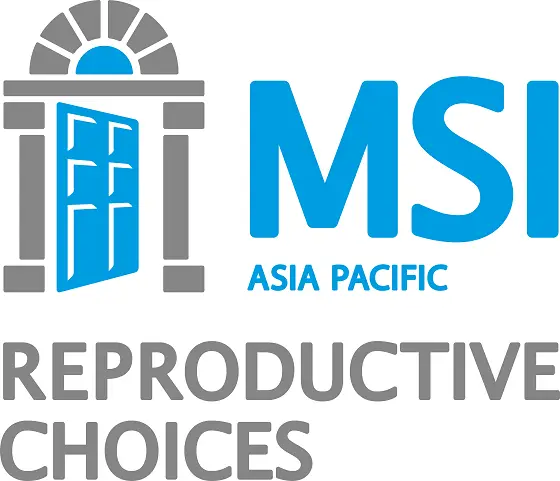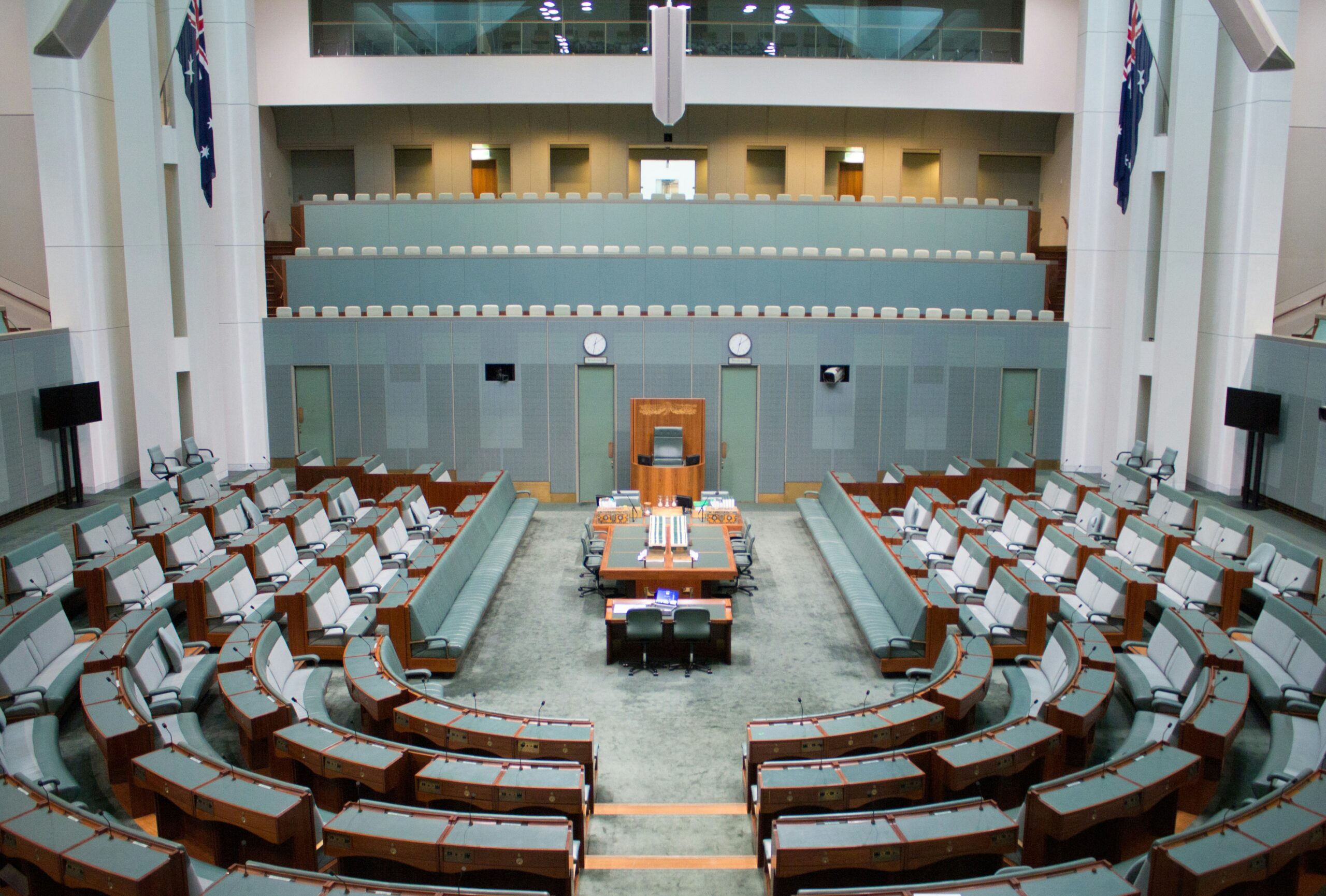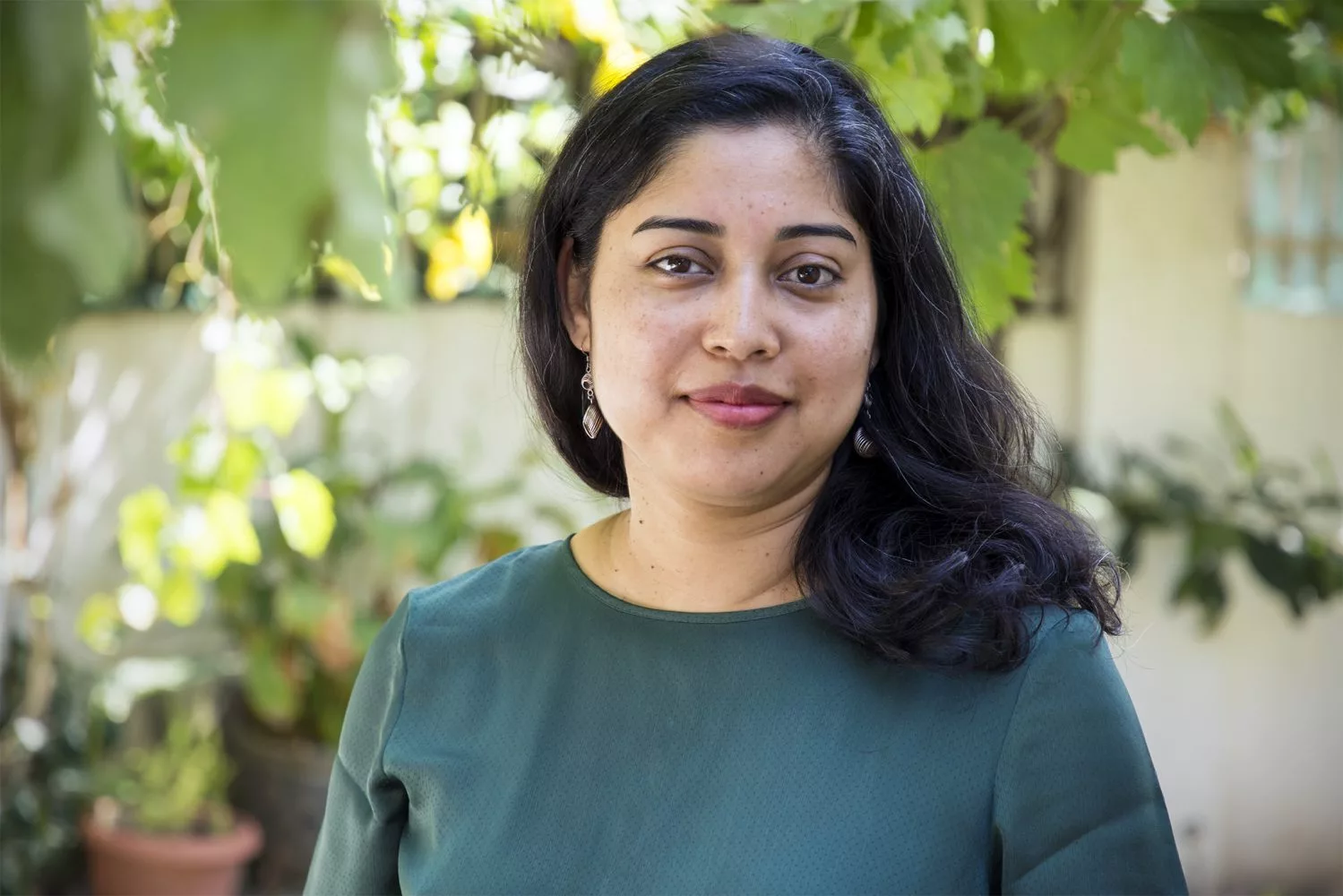It is safe to say that 2020 was a year unlike any other. January saw devastating bushfires rampage through Australia, burning 47 million acres of land and leading to the loss of 34 lives. Many thought this would be the defining tragedy of 2020, but by February there was growing concern over a fast-spreading strain of coronavirus named COVID-19.
By March, the term ‘lockdown’ entered our vocabulary. International borders were closed as governments and health officials worked to contain the outbreak. The MSI Australia team left our office in Melbourne’s CBD to work from home. We haven’t been back since.
Like many people around the world, we have pivoted to 100% remote working; relaxed our definition of ‘work attire’ and worked at our kitchen benches while blurring the line between work and home life. While our support staff are lucky enough to be able to work safely from home, many of our colleagues across the globe worked tirelessly on the frontlines. Sexual and reproductive healthcare needs don’t stop during a pandemic, so neither did we.
Despite working in extraordinary conditions, once the pandemic hit our region we moved quickly to support our programs across Asia Pacific in managing clinic closures, a shutdown of outreach services and supply chain issues. We worked hard to make sure our clients could access reproductive healthcare services throughout the pandemic. Our country programs worked with government health departments to make sure sexual and reproductive health services were recognised as essential services during the pandemic.
We updated our clinical infection protection protocols to protect staff and clients, and ensured our country programs had access to necessary PPE, despite some PPE suppliers refusing to stock our sister organisation Marie Stopes Australia due to the stigma around abortion provision.
Over the coming year, we will continue to work hard to mitigate the ongoing shadow effects of this pandemic: the girls who missed school during lockdowns, and will struggle to go back to complete their education, the women who had unplanned pregnancies during the pandemic; others who suffered sexual and reproductive health complications and were unable to access care, and the families whose lives and plans were disrupted temporarily or changed irreparably.
The global economy took a beating, with stock market crashes and global supply chains affected by border closures. People took to singing from their balconies, clapping healthcare workers and learning to make sourdough.
We worked with NGOs across Australia to campaign to #EndCOVIDForAll, encouraging our government to provide vital support to our vulnerable neighbours. In October, we welcomed a $304.7 million boost to the Pacific in the Federal budget, with a focus on gender and health. This will assist in making sure those most vulnerable to the ongoing effects of the pandemic – women and girls – are given access to life-saving essential health services.
The world was brought together as we battled a global pandemic, but a nail-biting US election caused ideological divisions. After days of deliberation, we saw Joe Biden and Kamala Harris win on a historic ticket, with Harris being the first Black, first South Asian and first woman elected to the vice presidency. After four years of President Trump’s anti-women rhetoric and dangerous global health practices, a Biden/Harris administration is a win for reproductive health.
While the pandemic is currently well controlled across many parts of the world, our global office in the UK and programs across Europe, Africa and Latin America continue to be affected. This year has made it clear that we can’t know what the future will hold, but as always, we will keep working hard across Asia Pacific and the world to give girls, women and their families access to life-changing healthcare.




